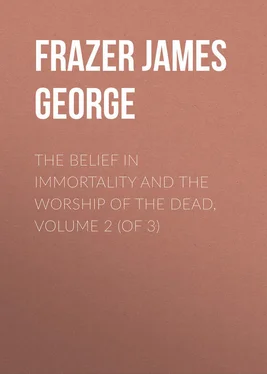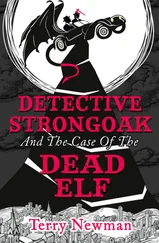(Sir) Basil Thomson, "Notes upon the Antiquities of Tonga," Journal of the Anthropological Institute , xxxii. (1902) pp. 83 sq.
W. H. R. Rivers, History of Melanesian Society , ii. 431.
See below, p. 212.
" Tangata , in their language, is man; Arekee , king."
Captain James Cook, Voyages , v. 298 sq. To this description of the monument Sir Basil Thomson has called attention; he rightly classes it with the tombs of the chiefs. See his "Notes upon the Antiquities of Tonga," Journal of the Anthropological Institute , xxxii. (1902) p. 85.
(Sir) Basil Thomson, "Notes upon the Antiquities of Tonga," Journal of the Anthropological Institute , xxxii. (1902) pp. 81 sq.
Dr. Charles Forbes, in Archaeologia , xxxv. p. 496.
I have no measurements of these intervals, but write from the impression of a recent visit to Stonehenge.
(Sir) Basil Thomson, "Notes upon the Antiquities of Tonga," Journal of the Anthropological Institute , xxxii. (1902) p. 82, quoting the anonymous pamphlet The Wairarapa Wilderness .
Lord Avebury, Prehistoric Times , Seventh Edition (London, 1913), pp. 132 sqq. ; Sir Norman Lockyer, Stonehenge and other British Stone Monuments astronomically considered (London, 1906); C. Schuchhardt, "Stonehenge," Zeitschrift für Ethnologie , xlii. (1910), pp. 963-968; id. in Zeitschrift für Ethnologie , xliii. (1911) pp. 169-171; id ., in Sitzungsberichte der königl. preuss. Akademie der Wissenschaften , 1913, pp. 759 sqq. (for the sepulchral interpretation); W. Pastor, "Stonehenge," Zeitschrift für Ethnologie , xliii. (1911) pp. 163- (for the solar interpretation).
Adolph Bastian observed that "sun-worship, which people used to go sniffing about to discover everywhere, is found on the contrary only in very exceptional regions or on lofty table-lands of equatorial latitude." See his book, Die Voelker des Oestlichen Asien , iv. (Jena, 1868) p. 175. Nobody, probably, has ever been better qualified than Bastian to pronounce an opinion on such a subject; for his knowledge of the varieties of human thought and religion, acquired both by reading and travel, was immense. It is only to be regretted that through haste or negligence he too often gave out the fruits of his learning in a form which rendered it difficult to sift and almost impossible to digest them. Yet from his storehouse he brought forth a treasure, of which we may say what Macaulay said of the scholarship of Parr, that it was "too often buried in the earth, too often paraded with injudicious and inelegant ostentation, but still precious, massive, and splendid."
F. H. H. Guillemard, Australasia , ii. 500.
W. Mariner, Tonga Islands , i. 266.











